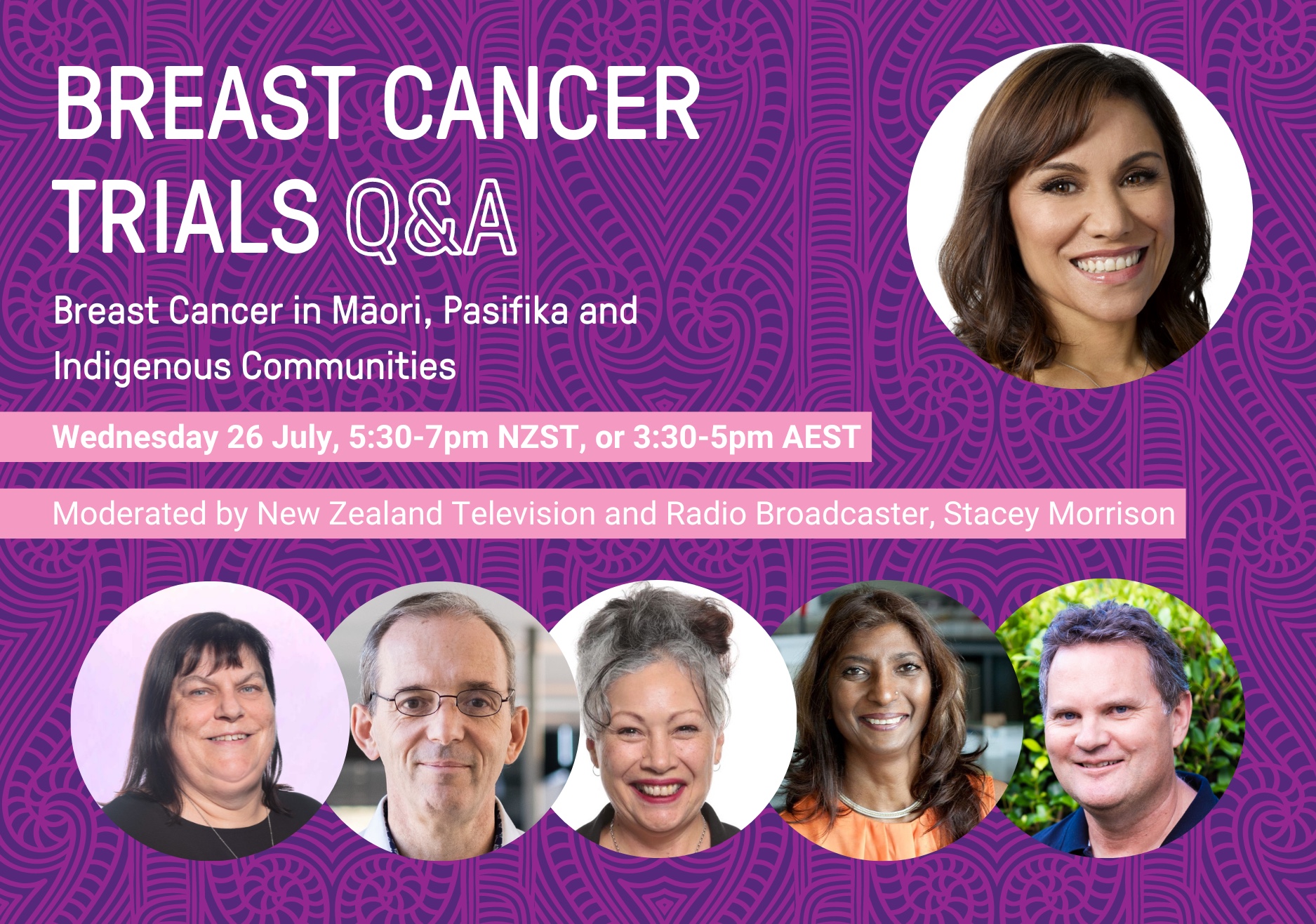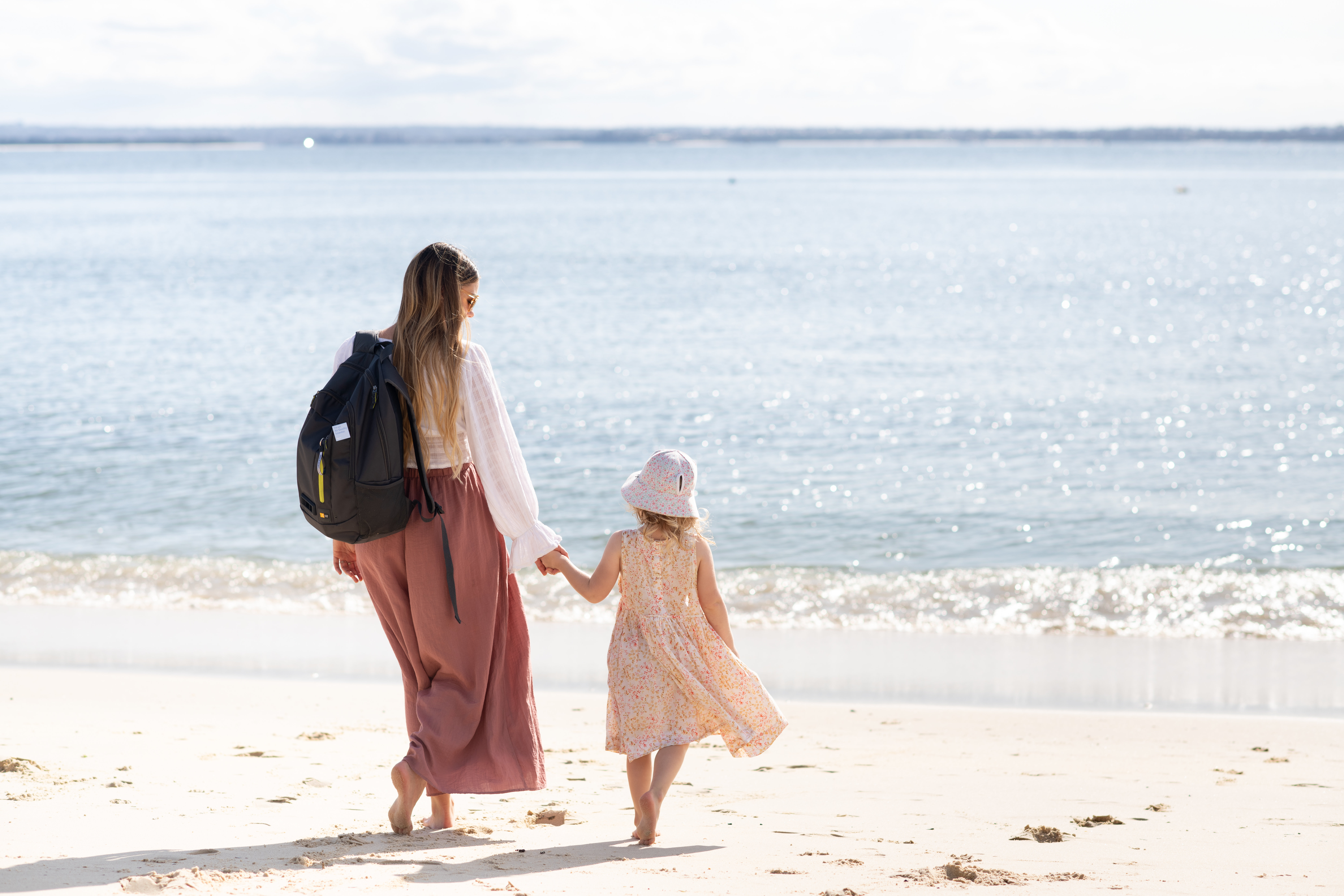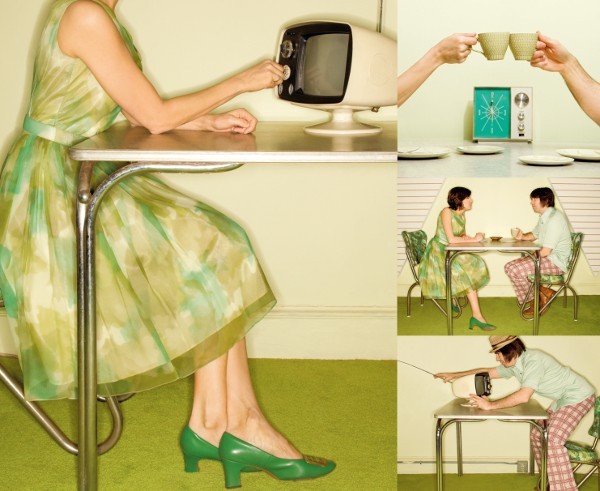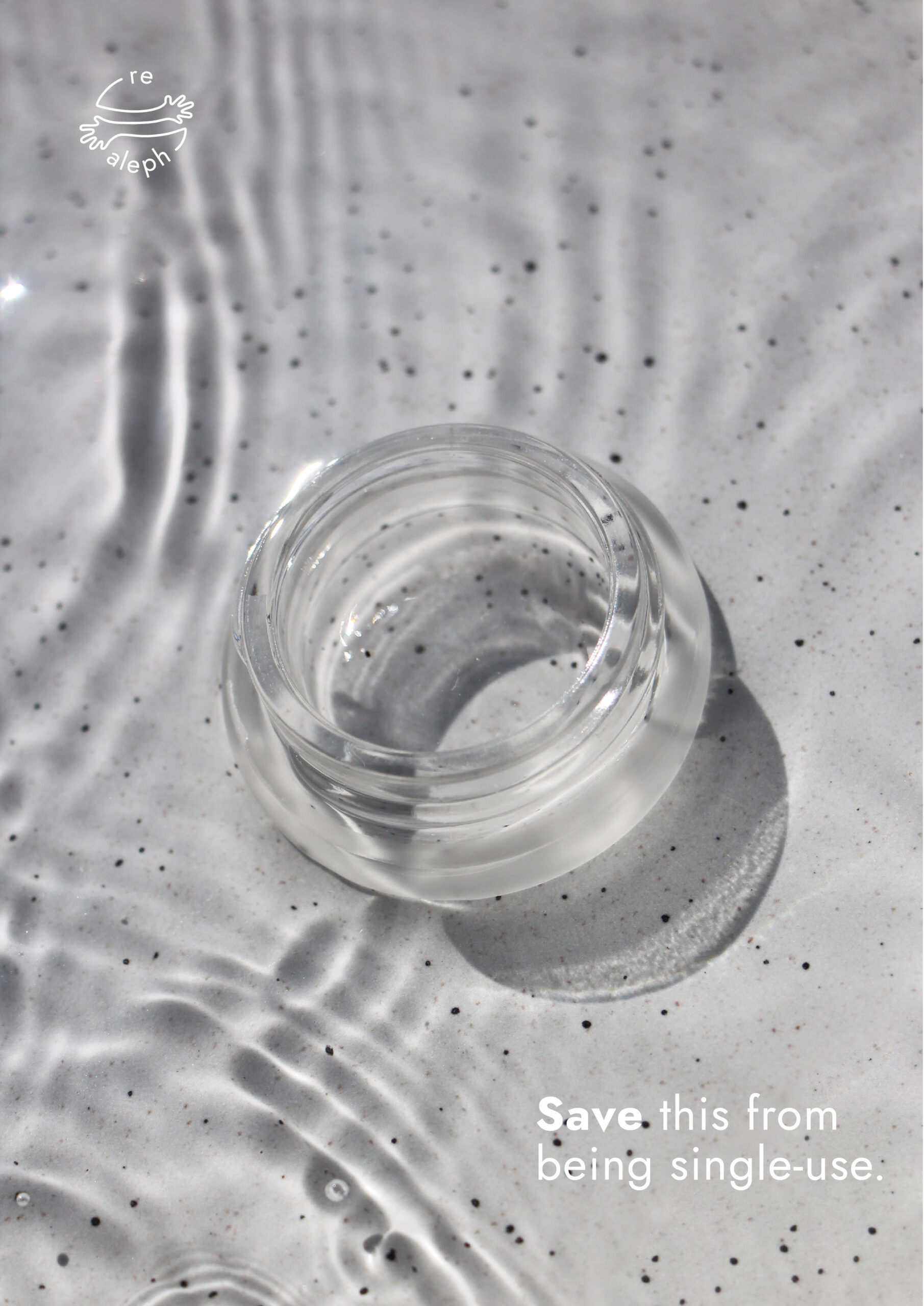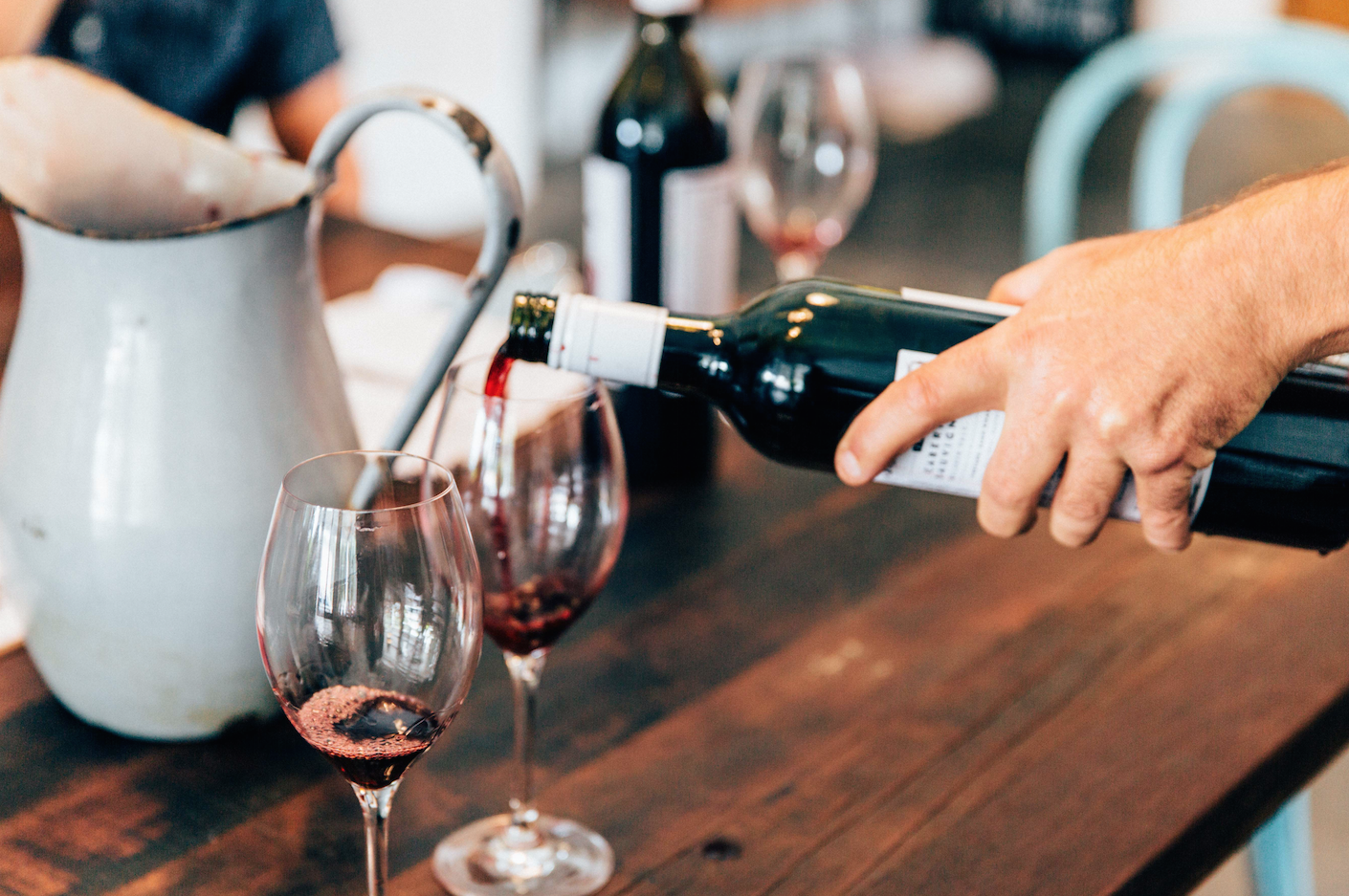Breast Cancer Trials is hosting a free Q&A about ‘Breast Cancer in the Māori, Pasifika, Indigenous Communities’ with a panel event of top breast cancer experts from Australia and New Zealand, plus breast cancer survivors from Aboriginal, Māori and Pasifika communities.
The informative live Q&A will be hosted by New Zealand TV & radio broadcaster, Stacey Morrison, and will be broadcast live from Tāmaki Paenga Hira Auckland War Memorial Museum on 26 July from 5.30pm to 7pm.
As part of your registration, you can also pose a question to the expert panel – click the link here for registration.
Australians can also tune in via a link that will be shared when they register for the event.
The Q&A is a great opportunity for anyone interested in the latest research and the challenges and solutions facing indigenous communities in regard to breast cancer diagnosis, trials and treatments.
Findings from the report 30,000 Voices: Informing a Better Future for Breast Cancer in New Zealand, found that Pasifika women are 52 per cent more likely and Wàhine Māori are 33 per cent more likely to die of breast cancer within 10 years of diagnosis, compared with Pàkehà (European ancestry) women.
In addition, Wàhine Māori were more likely to have higher-risk HER2-positive breast cancer than European women. Pasifika women have the highest rates of life-threatening stage three and four breast cancer and of HER2-positive cancers, and more fast-growing grade three tumours than all other ethnicities.
Breast cancer cells with higher-than-normal levels of HER2 are called HER2-positive. These cancers tend to grow and spread faster than breast cancers that are HER2-negative but are also much more likely to respond to treatment with drugs that target the HER2 protein.
In Australia, although Aboriginal women are 0.9 times as likely to be diagnosed with breast cancer, they are 1.2 times more likely to die from breast cancer than the wider population. The five-year survival for Aboriginal women with breast cancer is also lower at 81per cent compared to the general population of 92 per cent. Breast screening rates for Aboriginal women are also lower compared to non-Indigenous Australians, at 37.3per cent compared to 53.2 per cent.
Click here for further information and to register.


